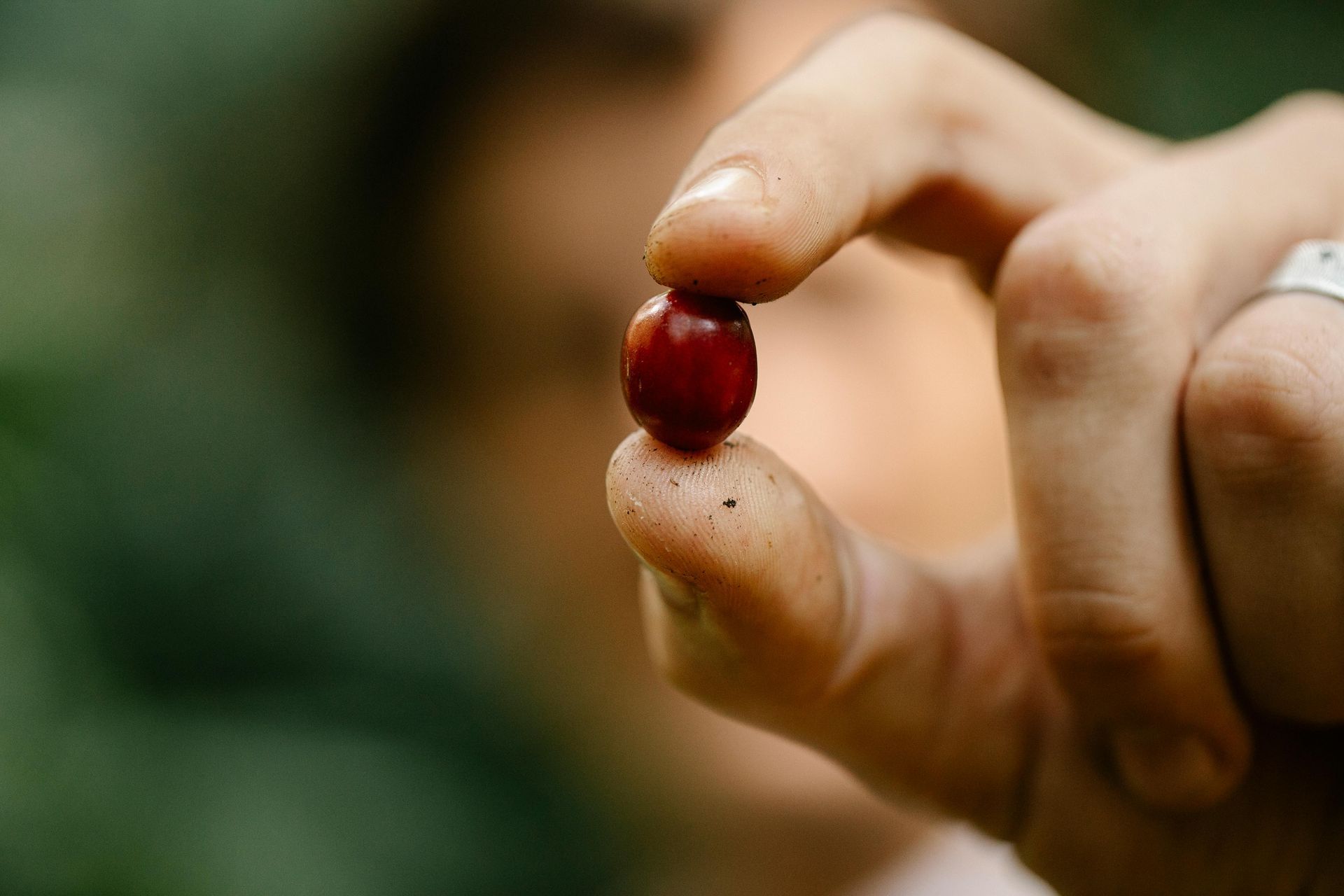13 Reasons Teens Have Sex

(In no particular order.)
1. They Like the Way it Feels
The human body has thousands of touch receptors. The fingertips and tongue may have as many as 100 per cm2.
There are a lot of factors that cause sex to feel good. Suffice to say that sex can be a very pleasurable physical and emotional experience and there shouldn’t be an attempt to conceal this fact from our youth.
We might prefer that the “feel good receptors” came alive at the very time when someone makes a marital commitment. But no, they are present, even in childhood. Puberty brings about even stronger sensations.
Sex and all types of loving physical intimacy were created for pleasure and enjoyment. When people in uncommitted relationships engage in this type of relationship, it often feels good. Only later are the consequences felt and still, not everyone recognizes that the things they are struggling with later in life are connected to this.
There are many pleasurable experiences and sensations in life and some are meant to be experienced at different times than others. A teen might be thrilled to begin driving. Their parents might even let them try driving in some remote location. This does not mean they should begin driving at this point in their life.
2. Pressure from Boyfriend or Girlfriend
Even when a girl or boy doesn’t want to have sex, they may give in for fear of the other person leaving them, or rejecting them, or being mad at them.
3. Pressure From Peers
Many teens feel a lot of pressure to “fit in.” There is a very clear message that it matters whether or not they have “had sex.” Not only that, but it matters whether they know what a “- – – – – ” is, or whether they have seen this or that porn site, or sitcom, or whether they are wearing something underneath from Victoria’s Secret, or whether they know how to (you fill in the blank) with the opposite sex or even the same sex.
As we can clearly see from the news stories, bullying and being bullied is real. Cyber bullying, verbal bullying, school bullying, text bullying, physical bullying – and it is extremely difficult for teens to endure. In fact, we may not admit it, but parents can also feel pressure from their peers that, “Everyone is doing it. We have to accept that times have changed and they are going to do it anyway.”
4. Pressure from the Culture.
Sex sells! Sex, porn, fashion, TV/Movie, commercials… Sex is a huge commodity and many industries are capitalizing on it. No matter where you turn, you can hardly avoid seeing more skin than you intended to see, with church, honors classes and chorus recitals being no exception. This crosses all classes and types of people.
When teens are bombarded with images and messages, their sense of “normal” goes haywire. They begin to see everything as relative to the culture that they live in. They might have once dreamed of being a wife and mother, and may still dream of that, but today, normal is the rush of one girl making out with another girl in the hotel pool on a class trip, after popping a few pills or having a few drinks.
Myths like, “everyone is doing it” are myths and people are accepting them as truth every day.
5. Feeling Self-Defeated because of abuse or previous choices.
When teens feel like they have already given up their “first time,” they may feel like there is no point in abstaining now. The truth is that there is a tremendous incentive to make a new commitment to resist and abstain from sex until marriage. It is never too late.
Some young people who have been raped or molested feel this defeat as well.
If this describes your feelings, please seek help and support from a responsible, trusted adult.
6. Not Understanding What Love Is
Love is a feeling and a commitment. The feeling of love ebbs and flows. While boyfriends and girlfriends can “feel” love today, tomorrow they might feel something else. This is true in marriage as well.
A commitment does not depend on the feeling of the day. Sex might make you feel “in love” but it doesn’t make you in a “committed relationship.”
In a committed relationship, sex is a beautiful act of love.
7. Rebellion
Rebellion has at least three root possibilities.
- our sin nature, or, if you rather, our inclination to do what we shouldn’t do, just because we can and we want to;
- a reaction to a poor relationship within the immediate family (either between the teen and one or both parents, or a poor relationship between the parents);
- it can also be from something even relatively simple like a temporary anger at a parent paired with a teen acting impulsively.
8. Curiosity
Teens wonder. They are curious. They may be curious about how alcohol tastes and makes them feel. They may be curious what it would be like to have a pair of Uggs. People are curious and some people act on their curiosity without first considering the consequences.
9. Drugs and Alcohol
Mind altering substances lower one’s inhibition. A teen is more likely to do much more than they intended at a party or on a date situation if they are under the influence of a substance. Even more frightening, others can facilitate the teen to become either drug or alcohol intoxicated in order to sexually assault them much more easily and with much less chance of being reported. The drugged person may not even be conscious enough to know what is happening to them, or who is doing it to them.
10. To Express and Receive Love
Teenagers need connection. Young children often crave physical touch and parents love to give it. As they grow up, it tends to become less and less. Teenagers may be pulling away from parents and clinging to peers. There may be a great deal of love in your home, but sometimes teenagers cannot receive it. There may be a great deal of stress in your home, which crowds out the feeling of love.
11. Pseudo Maturity
Some teens feel set apart from their peers. They view themselves as “more mature” (than their peers) or, an “old soul.” They may be connected with older people who are impressed by their “maturity” and want to support them. They may have an “open and accepting” view of the body and where anything that feels good is good and should be enjoyed as often as one wishes. If girl-girl touching feels good, do it. If boy-girl touching feels good, do it. If watching porn feels good, do it. If touching with different people feels good, do it. Some of the “pseudo matures” are involved in sexual relationships with much older men or women, some even with their parents’ consent because they so deeply want to believe that their child is really that mature. In fact, the largest giant of the sex education industry promotes this when they teach youth how to get these good feelings and not contract a disease or become pregnant by unthinkable advice that I won’t share here. I have had many teen clients who are openly sexually active and whose parent says, “I know she is young, but she is very mature. I’m ok with the sex, I just want to make sure she is ok.”
Here is one example – Hooking Kids on Sex
12. Adults’ Failure to Take a Stand
Despite the current day philosophy that so many have adopted, children and teenagers cannot be left to decide every important thing on their own, without the sound guidance from a trusted adult. Seeds will be sown in the hearts and mind of our youth. If we leave that to the culture, who knows where our children will end up. Teenagers report overwhelmingly so, that they base important decisions on at least considering the morals, values and opinions of their parents.
13. Adults Failure to Uphold the Moral Standard They Expect from their Teen
When parents are unwilling to get out of their seat and turn off the TV, or say “no” to a movie, or say no to an outfit, how can we expect their children to say no to such things? Parents aren’t relieved of their awesome responsibility to oversee the comings and goings of their child until graduation from High School.
Parents, you do have an influence on your children. Own it! Don’t give it over to the sex ed teacher, or the “social surveys” being conducted at school, or the TV or the friends and other families.




